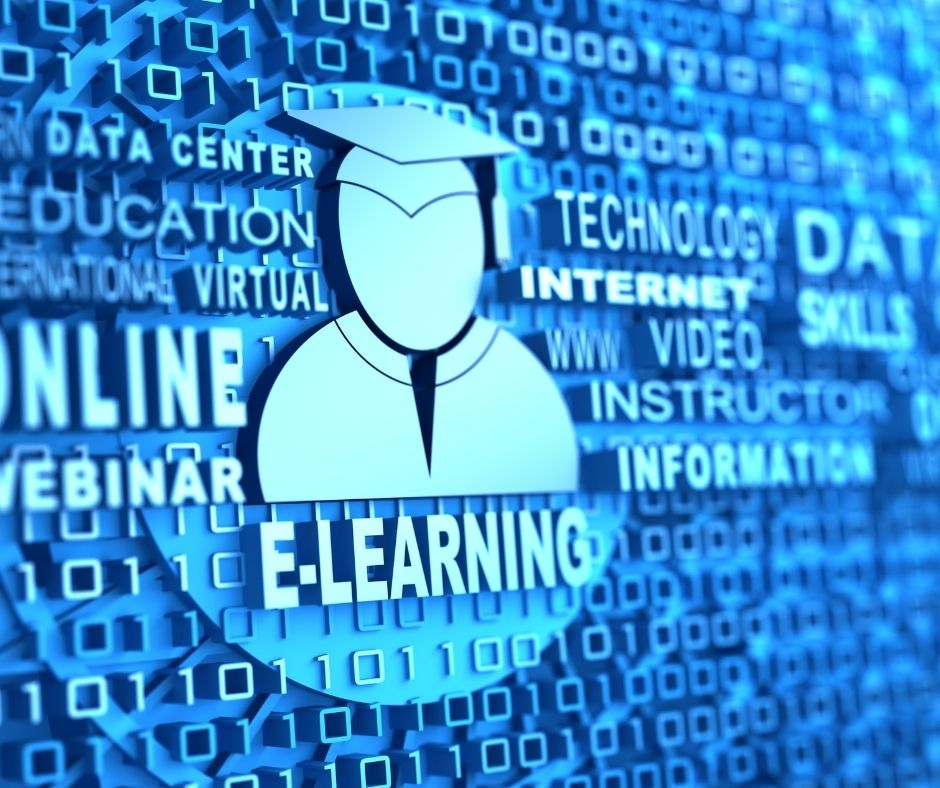There are no items in your cart
Add More
Add More
| Item Details | Price | ||
|---|---|---|---|

The future of education is not a destination; it's a journey of continuous discovery.
Sat Sep 23, 2023
The future of education lies in the intersection of imagination and innovation.
Education is undergoing a transformation. With technological advancements and changing learning needs, the future of education promises to be dynamic and innovative. In this blog post, we'll explore some of the key trends and innovations that are shaping the landscape of education and preparing students for success in the 21st century.
One size does not fit all when it comes to education. Personalized learning is emerging as a powerful trend, where instruction is tailored to each student's unique learning style, pace, and interests. Through adaptive technologies and data-driven insights, educators can create custom learning paths, ensuring that every student reaches their full potential.
AI is revolutionizing education by offering personalized recommendations, automating administrative tasks, and providing real-time feedback to both students and teachers. Intelligent tutoring systems, virtual classroom assistants, and smart content platforms are just a few examples of how AI is enhancing the learning experience.
Blending traditional classroom instruction with online learning tools creates a flexible and dynamic learning environment. This approach allows students to engage with content at their own pace while providing opportunities for collaborative activities and in-person interactions with educators.
AR and VR technologies are reshaping how students experience learning. Immersive simulations and virtual field trips transport students to different times and places, offering hands-on experiences that were once limited to textbooks. These technologies are particularly valuable in subjects like history, science, and geography.
In addition to academic knowledge, there is a growing recognition of the importance of soft skills such as communication, critical thinking, problem-solving, and adaptability. Educational institutions are incorporating activities and projects that nurture these skills, preparing students for success in a rapidly changing job market.
Learning doesn't stop after graduation. Lifelong learning is becoming a cornerstone of education in the future. Institutions are offering flexible, online courses and micro-credentials to support ongoing skill development and career advancement.
The world is more interconnected than ever before, and education is reflecting this global reality. Collaborative projects with international counterparts, cultural exchange programs, and language learning opportunities are preparing students to thrive in a diverse and interconnected world.
Recognizing the importance of holistic well-being, education of the future places a strong emphasis on mental health and emotional intelligence. Schools are providing resources, counseling services, and wellness programs to support the overall well-being of students.
The future of education is bright and full of opportunities. By embracing these trends and innovations, we are preparing students to be adaptable, lifelong learners who can thrive in a rapidly changing world. As educators, parents, and learners, let's embrace these advancements and work together to shape a future of education that empowers all.

{{Sameer Kumar}}